-
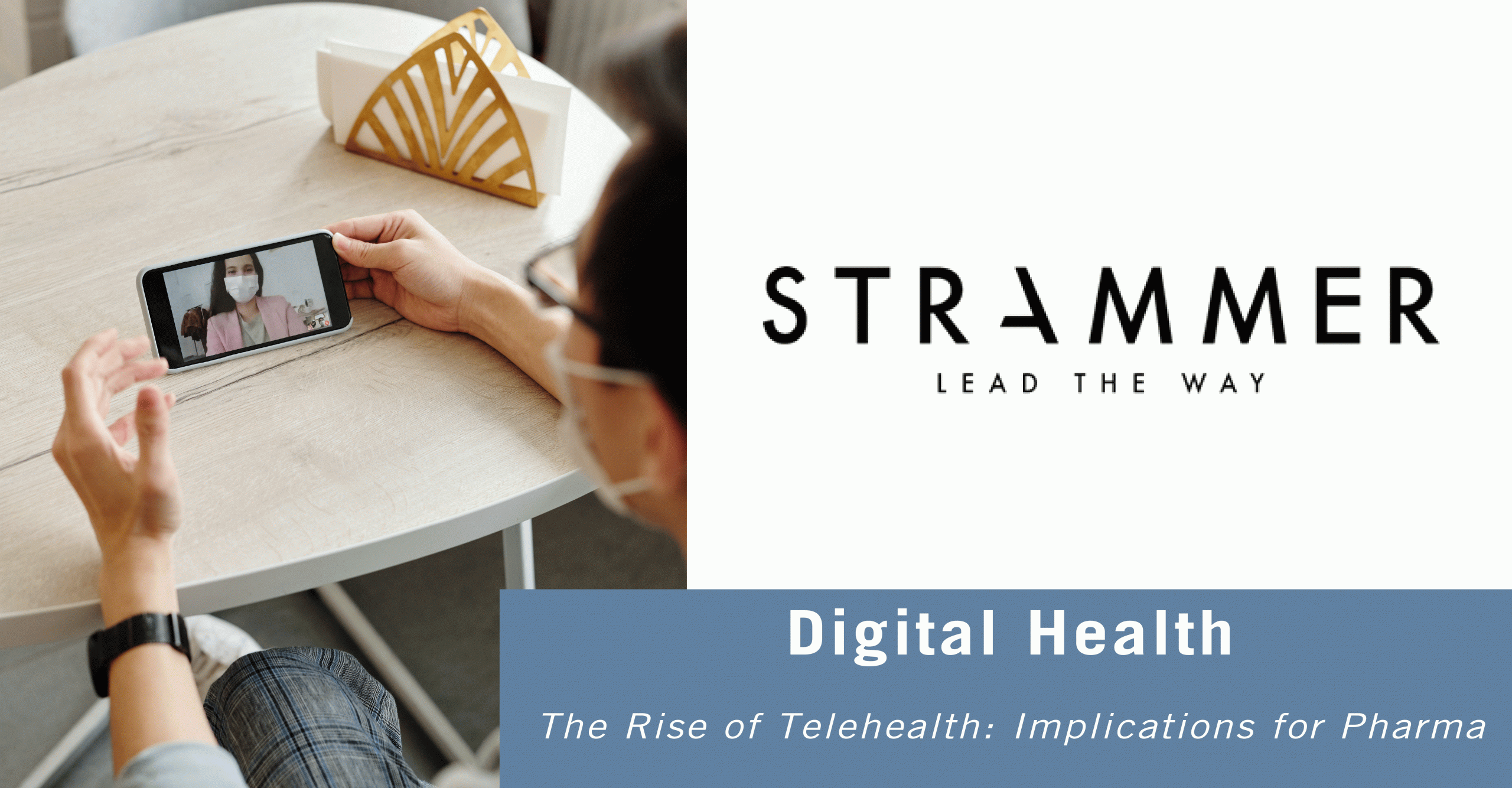
The Rise of Telehealth: Implications for Pharma
Last year, largely driven by Covid-19, the use of telehealth services surged. According to the American Academy of Family Physicians, the term telehealth denotes “a broad collection of electronic and telecommunications technologies and services that support at-a-distance healthcare delivery and services.” Including virtual consultations, reminders, and mobile health, among other services, the rise of telehealth and its future evolution has important implications for pharmaceutical companies. One growing service in telehealth is digital pharmacies and the market […]
-

Strategies to Succeed Under Pressure
Managing pressure effectively is an important element of success at work. Indeed, high-pressure situations can be sites of learning, growth and professional development, as we feel pressure when the outcome is important to us, such as a critical mission or a public speaking event. In “Performing Under Pressure: The Science of Doing Your Best When It Matters Most,” Hendrie Weisinger and J.P. Pawliw-Fry argue that pressure itself in fact has a negative impact on performance; what helps us perform in high-pressure situations is […]
-

How Technology Could Support Workplace Wellbeing
Mental health and wellbeing constitute a major challenge for organisations across the globe. According to the World Health Organisation, depression and anxiety cost the worldwide economy US$ 1 trillion per year due to lost productivity. In recent years, technology–enabled mental health solutions have been on the rise in society more widely, and research suggests that this trend has reached the workplace. According to an Accenture study, 83% of employees want their organisation to provide mental health supporting technology. Organisations […]
-

Building Personal Resilience at Work
In the workplace as in life more widely, experiencing hurdles and difficulties are inevitable. Challenges can come in many forms, from organisational change to high–stakes projects or missions. Most obviously in current times, the global health crisis has introduced professional challenges and personal hardships for people in different ways and to varying degrees, along with the challenge of adapting to a remote mode of work faced by many. However, to achieve our career aspirations and ensure that adversity does not stop or derail us, it […]
-
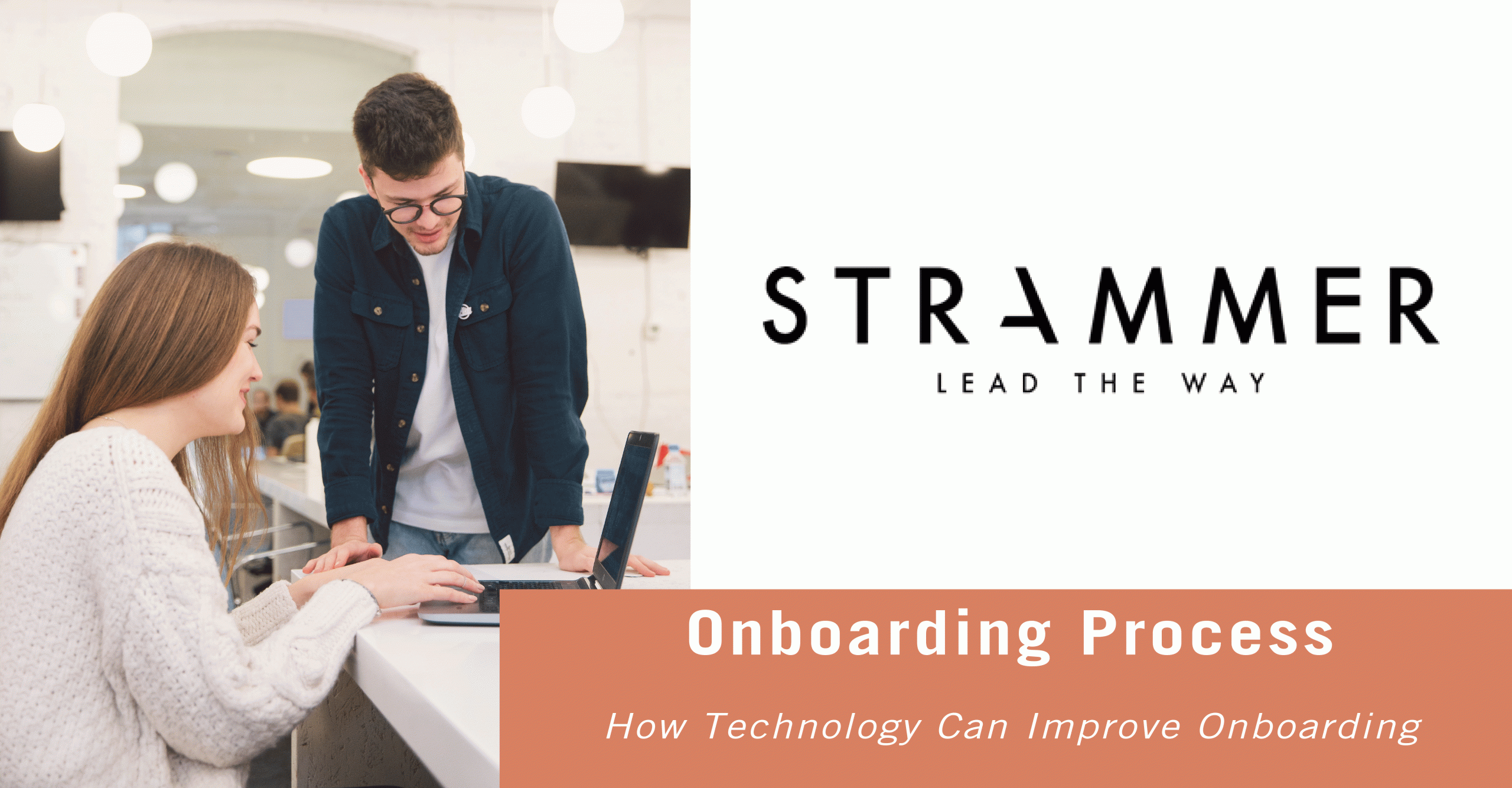
How Technology Can Improve Onboarding
While onboarding occurs right at the beginning of the employee journey, it has long-lasting effects, setting the foundation for the relationship between the company and the employee. Moreover, research suggests that 20% of turnover happens in the first 45 days, rendering the start of work a vital period in retaining employees. Indeed, the onboarding process is a crucially important stage in developing employees, designed to integrate new recruits into the working environment and culture and provide them with the […]
-
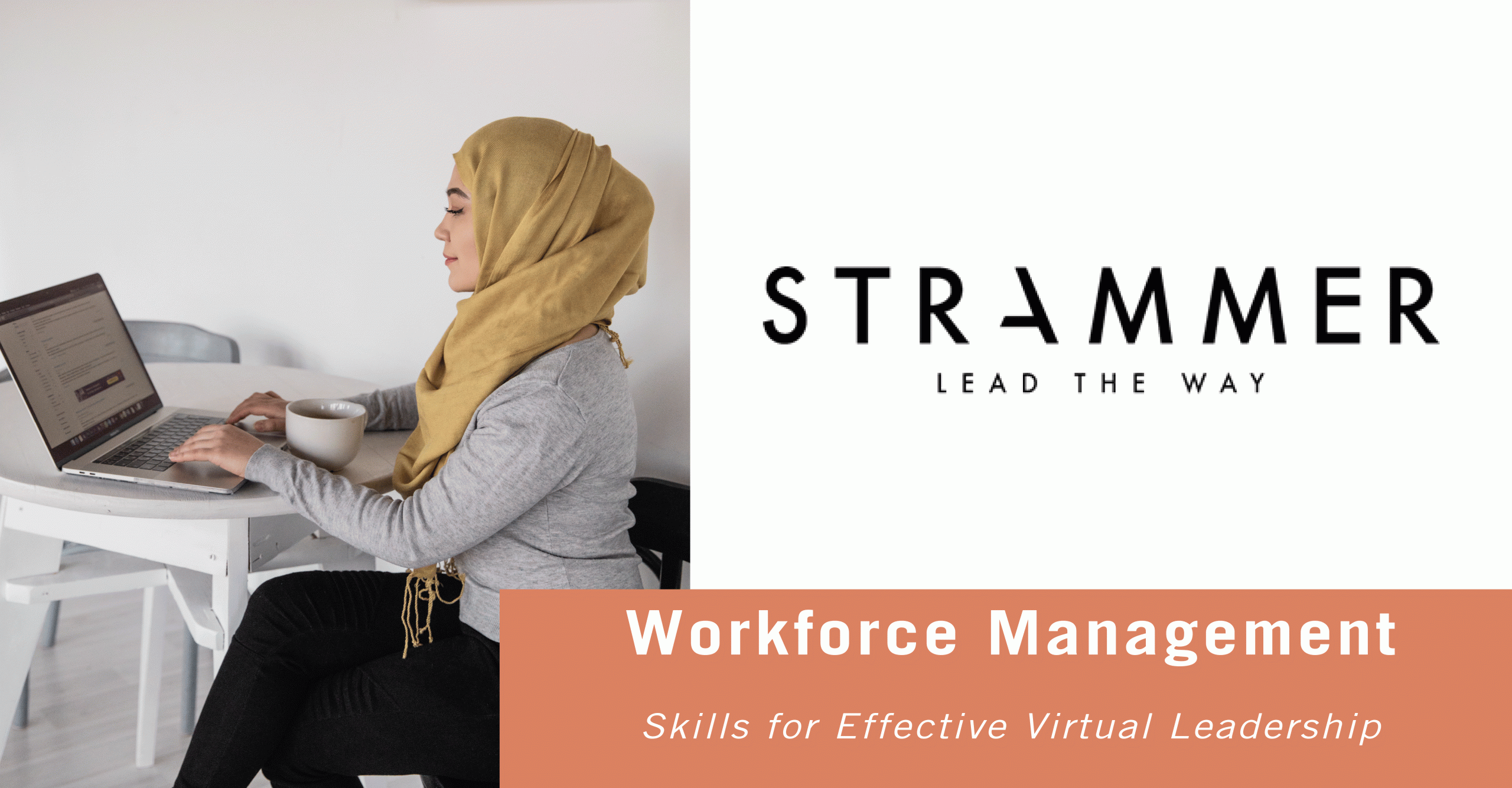
Skills for Effective Virtual Leadership
Managing remote teams inevitably introduces a different set of challenges for leaders, and given that many companies intend to continue with virtual work for the foreseeable future, it is important that remote leaders are confident in effective techniques for managing distributed teams, so they can motivate them and maximise their potential. To start, while strong communication skills are a vital component of effective leadership in all settings, the […]
-
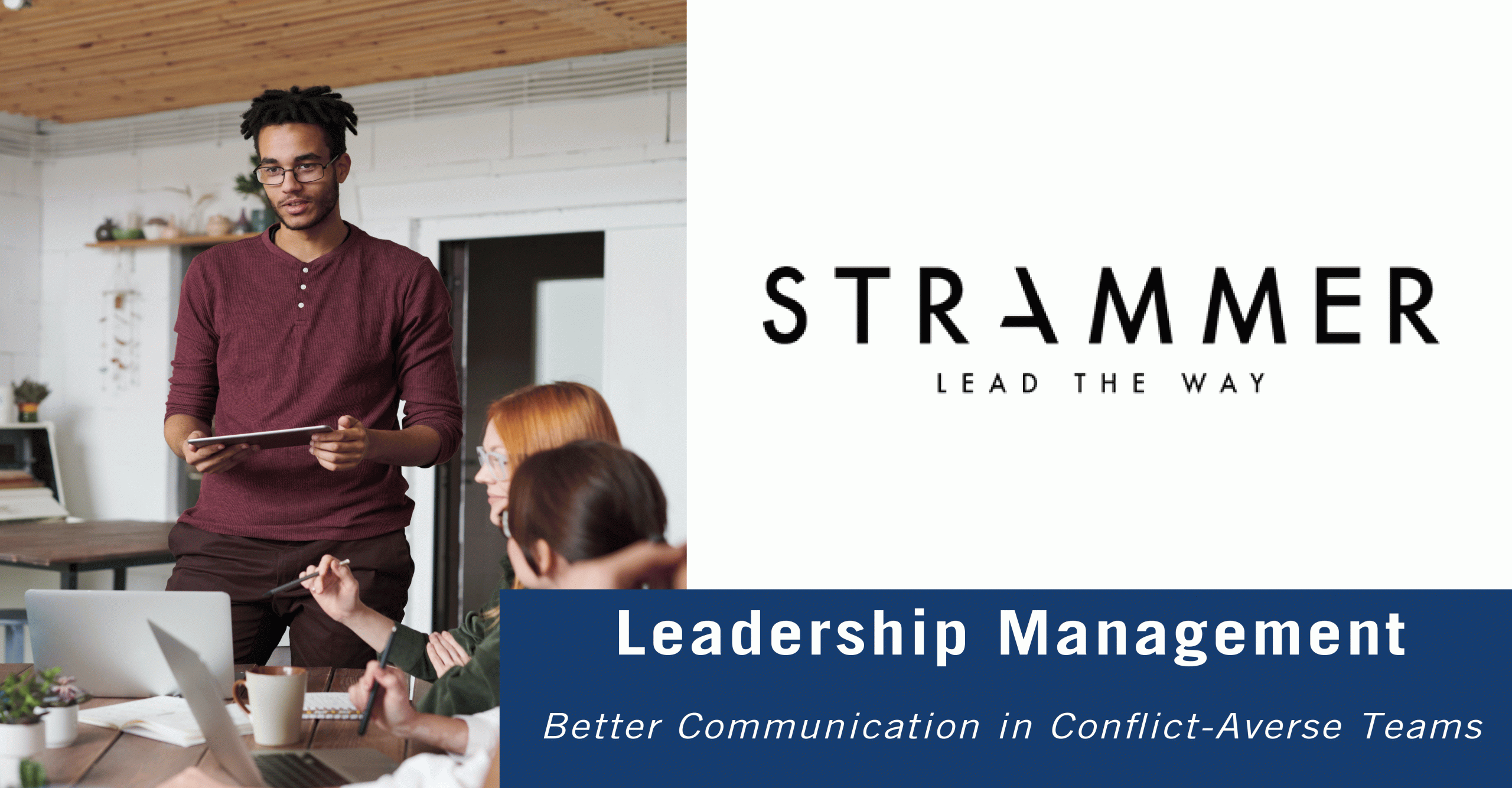
Improving Communication in Conflict-Averse Teams
According to the CPP Global Human Capital Report, more than half of employees (57%) have experienced negative feelings following a conflict, including demotivation, anger, or frustration. Given the undesirable consequences that conflictual encounters can have in personal or professional settings, it is not surprising that many people can be inclined to avoid conflict. However, this is not necessarily a good thing for employees or organisations. When conflict is handled correctly and expressed in a healthy and constructive way, […]
-
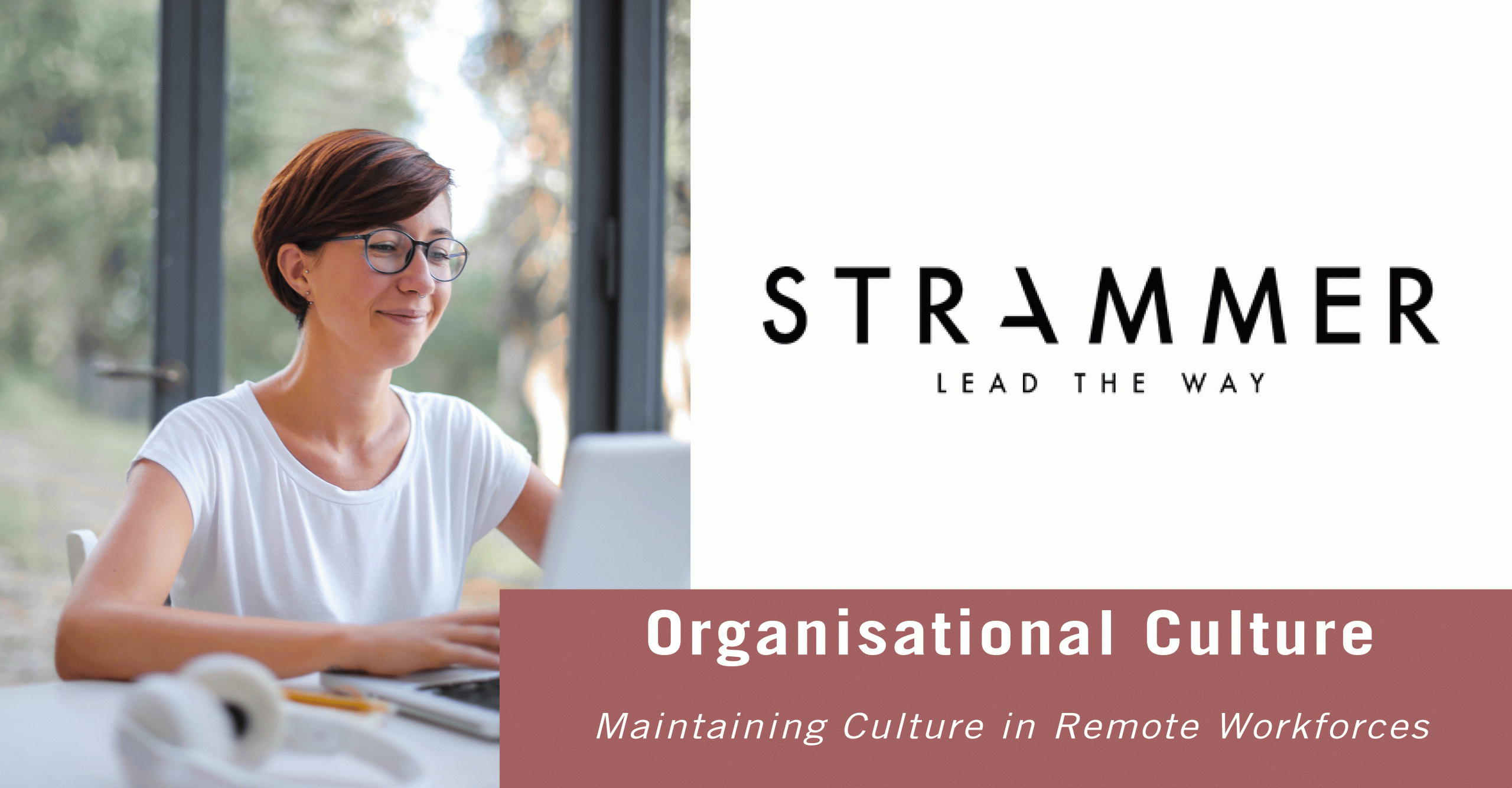
Maintaining Company Culture in Virtual Teams
Even in the best of conditions, achieving a strong and healthy corporate culture is challenging. However, it is important that organisations understand, and are capable of influencing, their culture, as it affects many factors which contribute to business growth and success, including staff retention; company branding and reputation; and organisational strategy. Moreover, the culture is […]
-

The Advantages of Gamification in Recruitment
Over recent years gamification has grown in the recruitment field, being attractive due to its potential to improve candidate engagement, enhance hiring decisions and quicken the recruitment process. Its rise in the recruitment space has come about through the influences of different fields, including behavioural science, neuroscience, and gaming. According to HR Technologist, “gamification uses […]
-
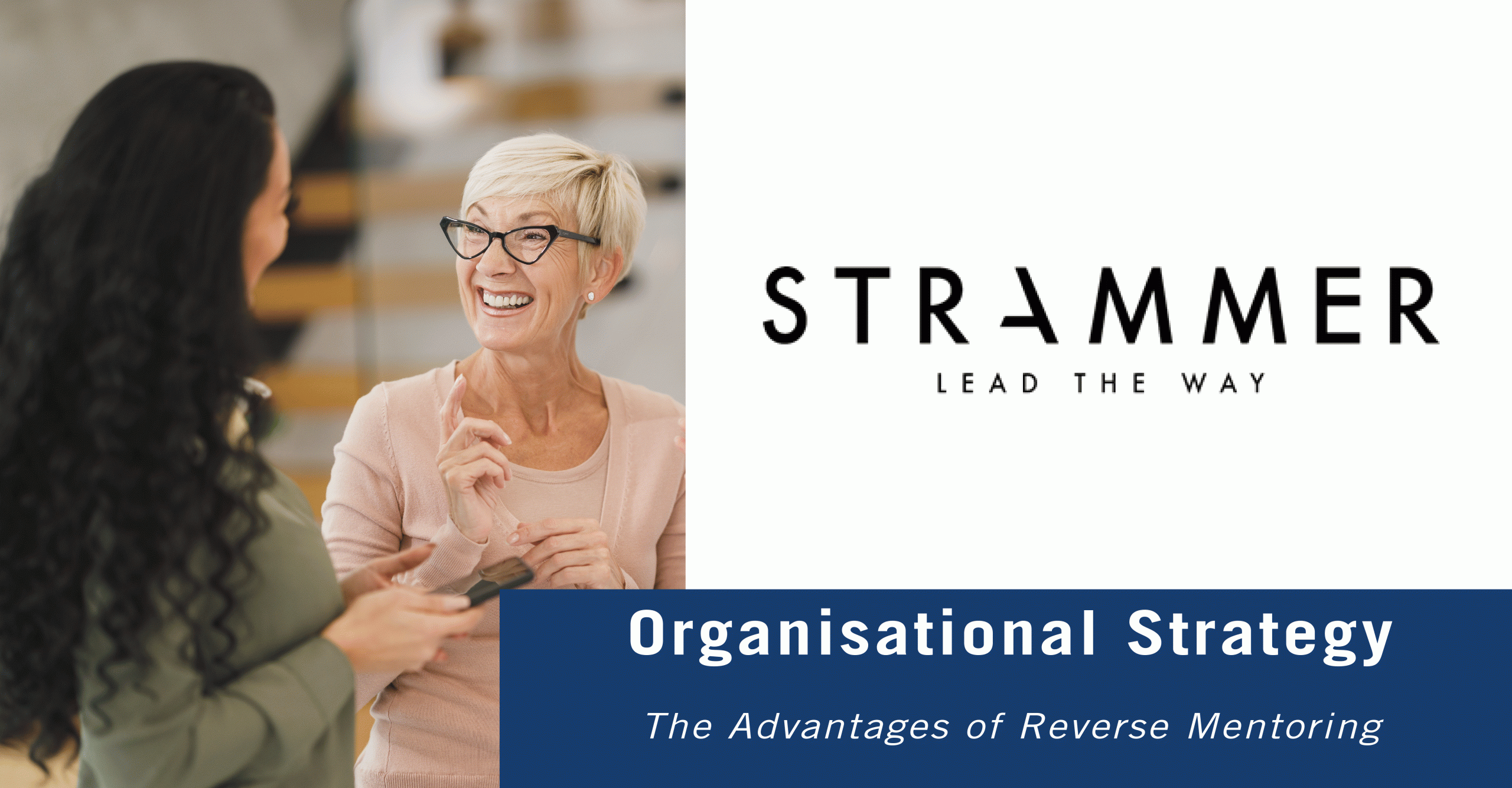
The Advantages of Reverse Mentoring
Numerous studies have proven the success of mentoring, showing how it brings value to mentors, mentees, and organisations. However, reverse mentoring, a newer twist on the concept, could help businesses overcome leading challenges like digitalisation and attrition. Unlike conventional mentoring, in reverse mentoring the younger less experienced employee is the one in the leadership position […]
-
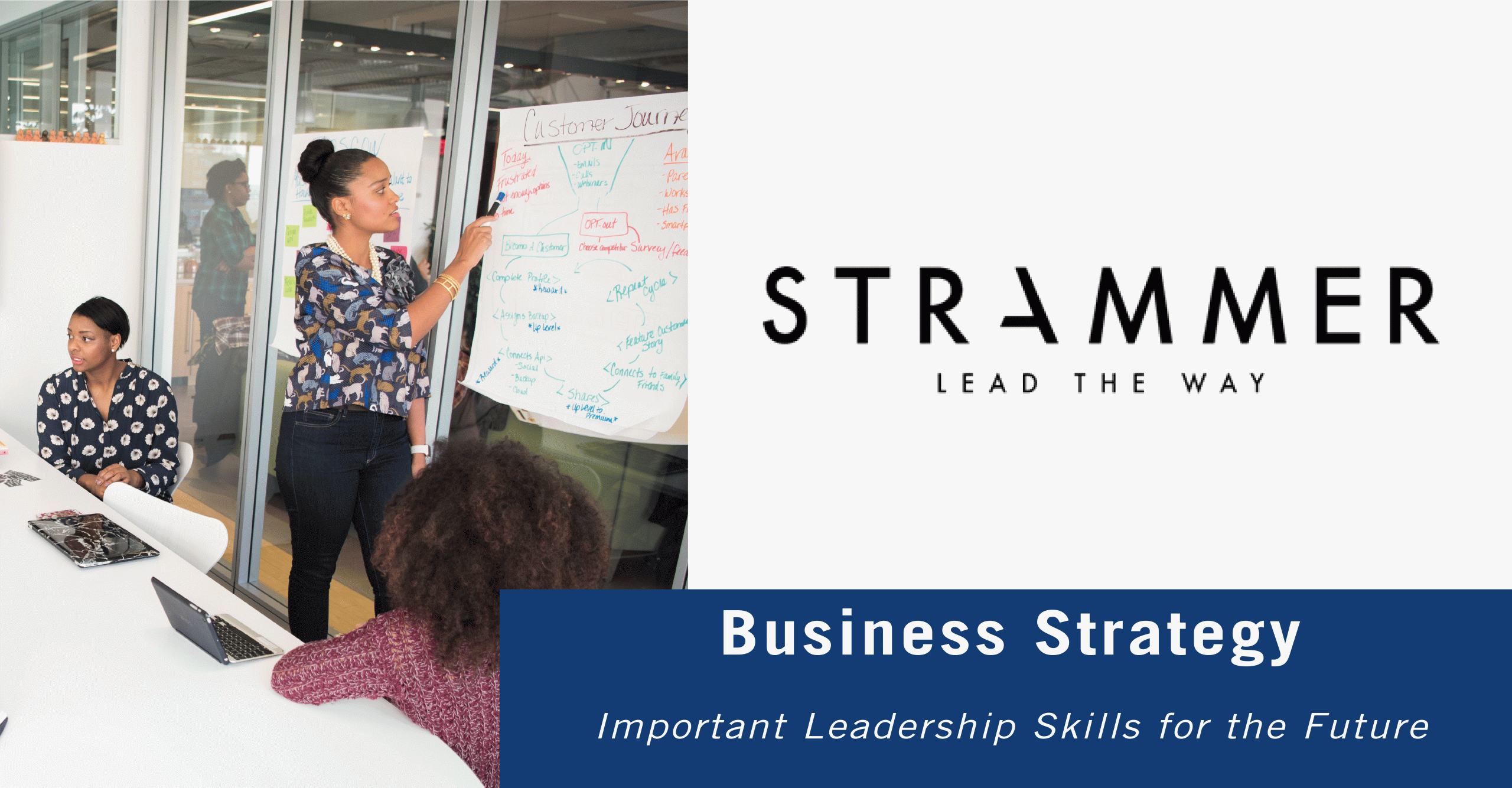
Important Leadership Skills for the Future
According to research, just 18% of multinational companies report they have the leadership pipeline required to confront future challenges. This should come as a stark warning; if companies are to overcome the disruptions ahead and achieve growth, they must prepare current and future leaders with relevant skills. In the current world of work, which many […]
-
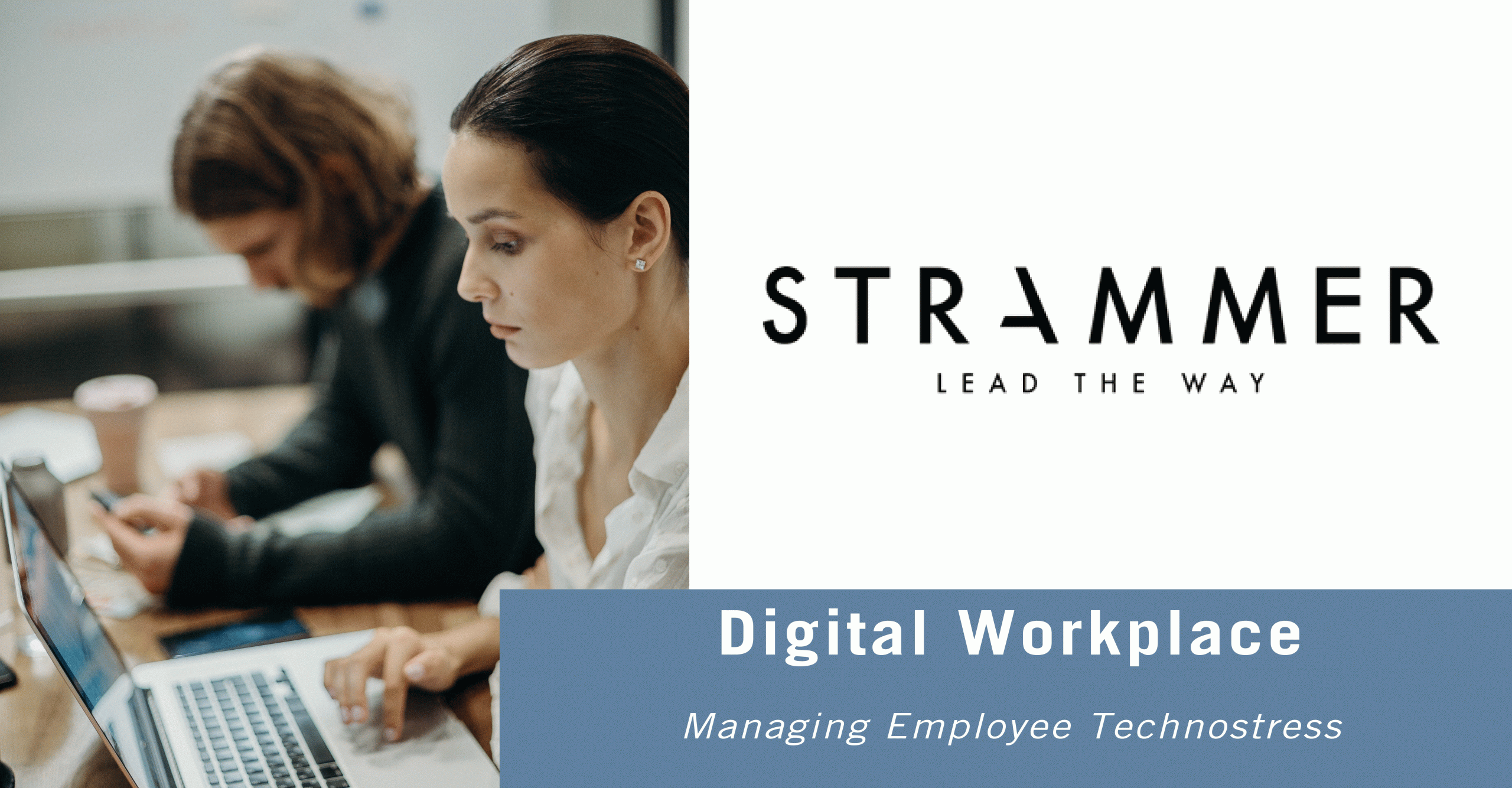
How To Manage Employee Technostress
In today´s digital economy, businesses are racing to digitalise as quickly as possible. As they transform, the workforce is expected to learn and keep pace. However, some employees can experience difficulties adapting to technological change. For instance, they may not understand how to work a new software, or they could end up over-working as they […]





